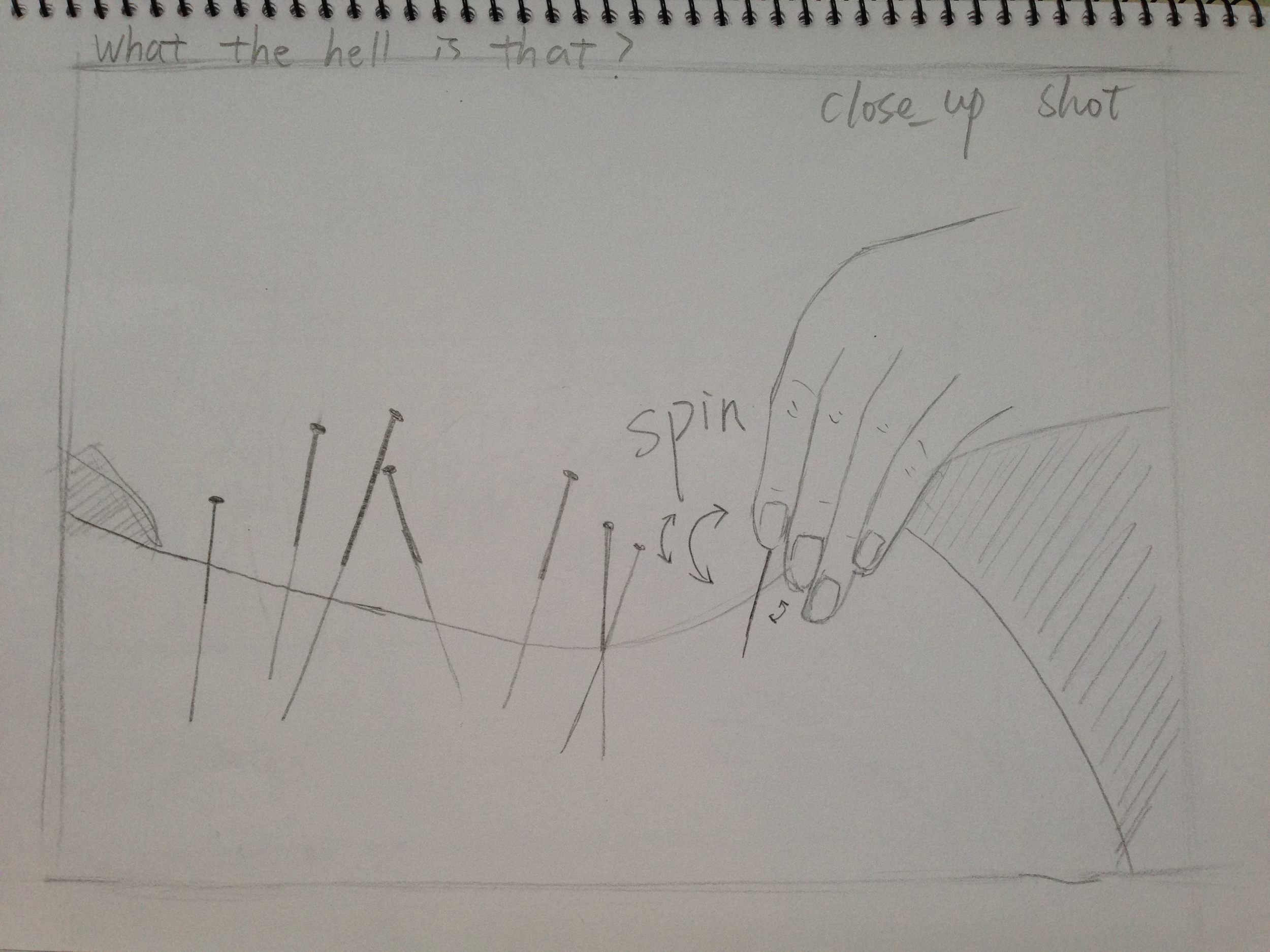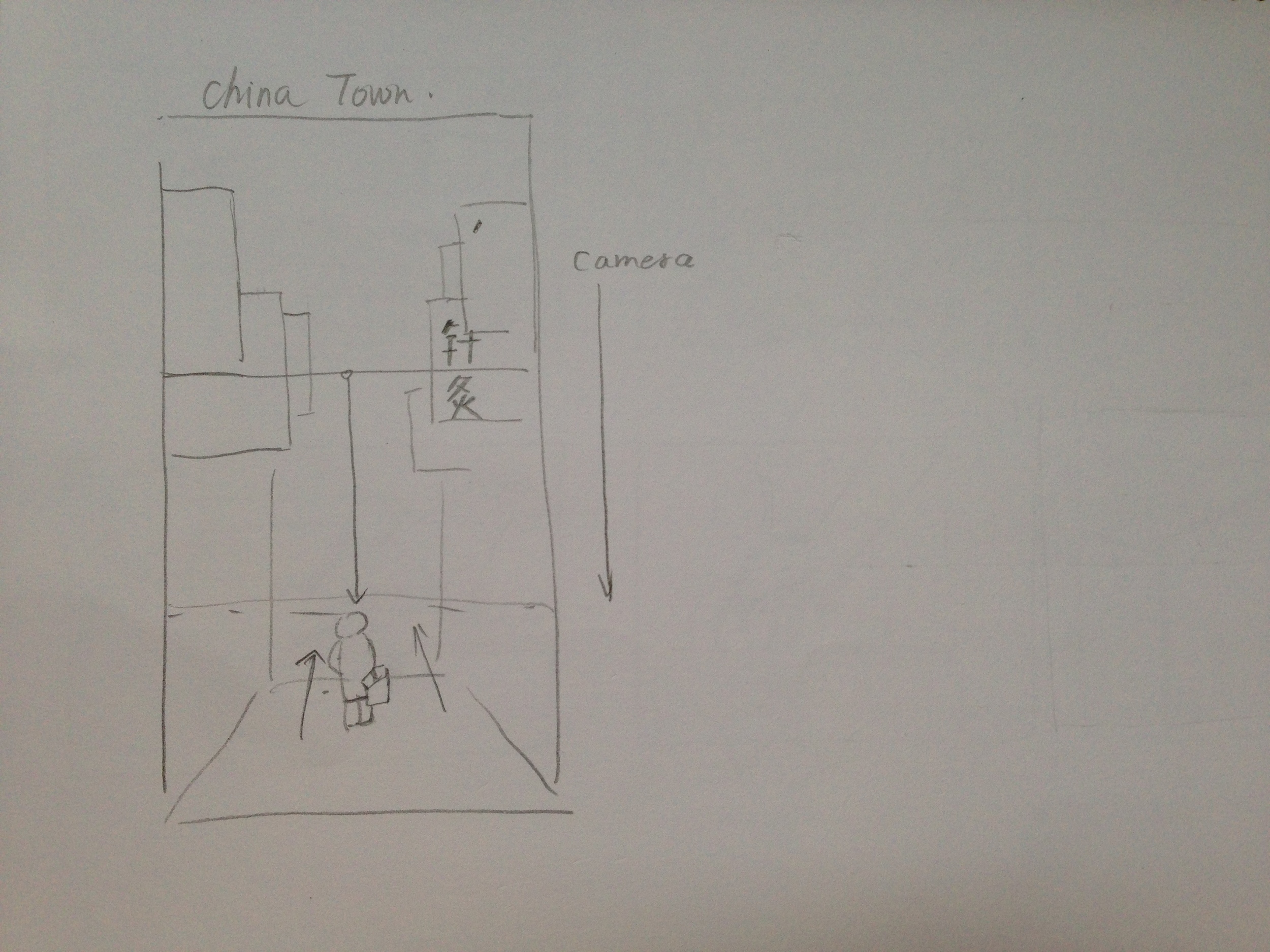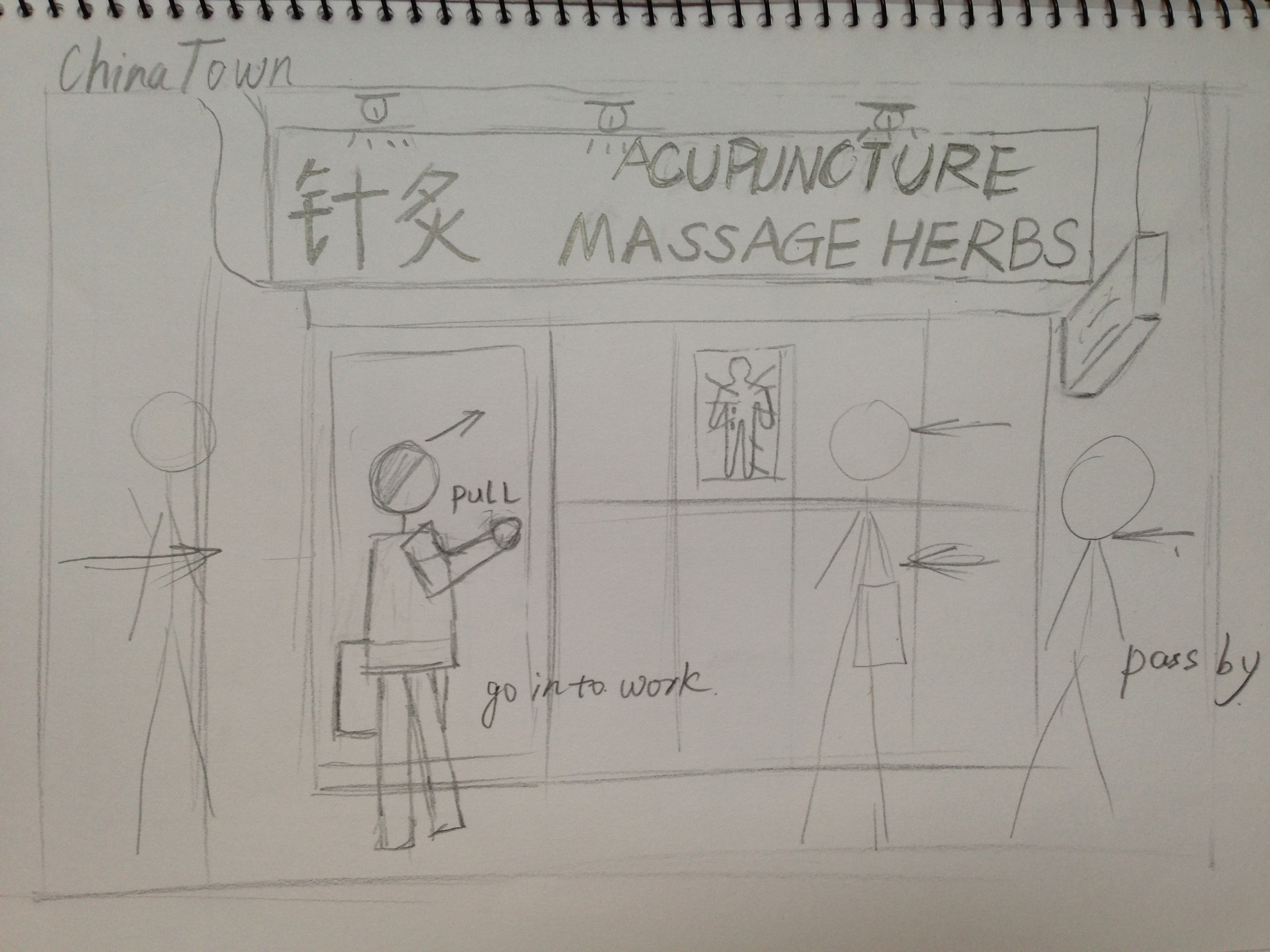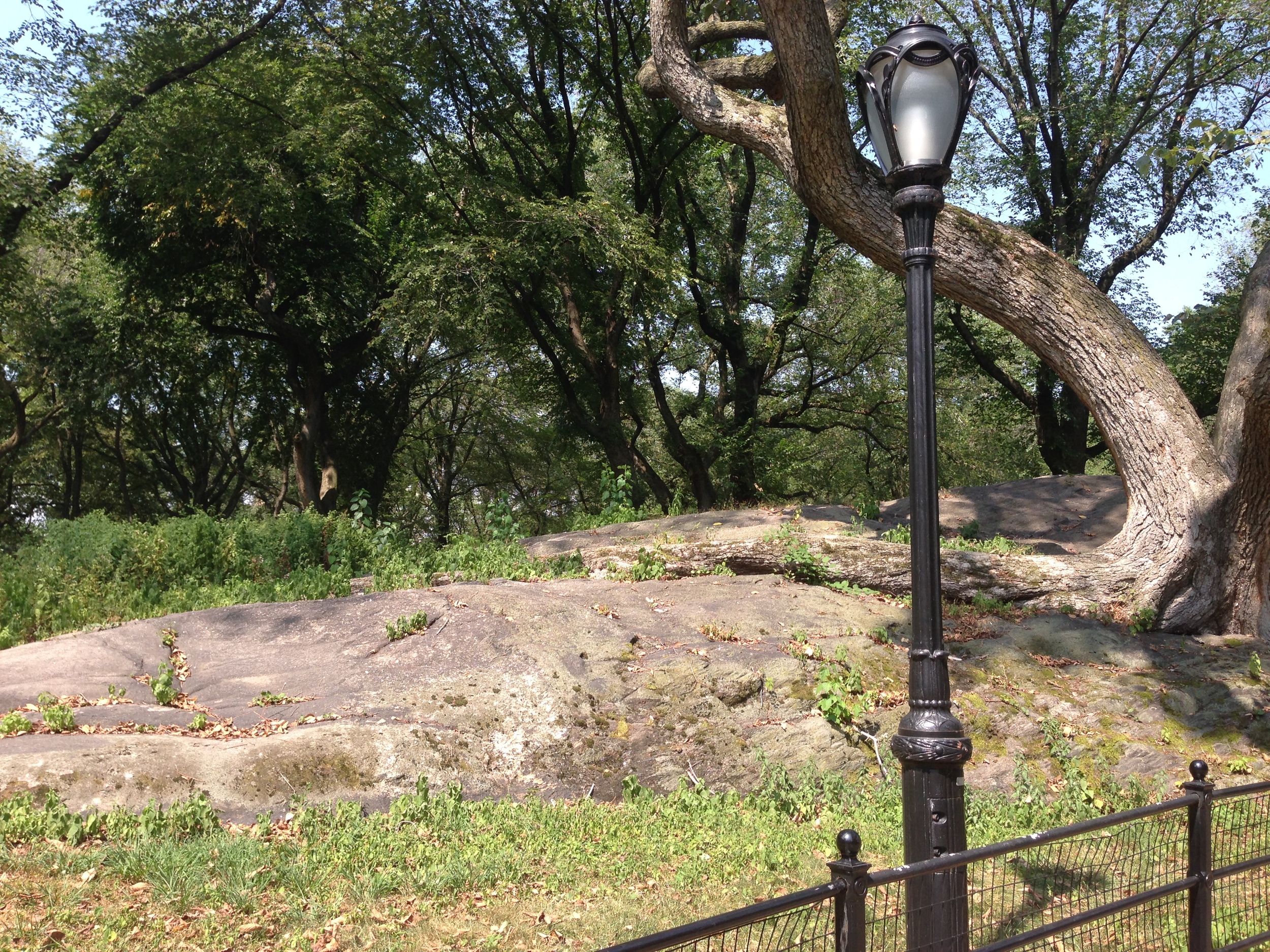Before I watched the 2 videos and read the 2 articles, I thought that originality is really good, but it also confuses me. Because back to the fourth year of my college, I was asked to design an interactive tool for children to learn some basic programming concepts. At first, I was very excited about designing something on my own, and I wanted to come up with something really "original" and cool. But after trying to build my original tool for 2 weeks, I found it's really hard for me to create an idea from nowhere. So I asked my advisor for help. She suggested me to get to know others' great work from their papers, and find their advantages and disadvantages, and think about how to improve their work. I did much literature review, and got inspired by many great ideas. Finally, I developed a new idea based on the work from MIT Media Lab, but my tool has two more advantages than MIT's work. And in the end, our work got published on a international conference(Interaction Design for Children). This experience made me start thinking about the originality and the value of one's work. And I believed the value of one's work matters more than its originality since then.
After I read the articles and watched the videos, I learned a new point of view: maybe there is no originality. I have to admit that I never thought this before, it really blew my mind.
In the "embrace the remix" video, the speaker said, "Creator of everything is a Remix , we're always depend on each other". Bob Dylan said, "you can copy, transform and combine to make your own work". The rich example in the video made me agree with its view. Steve Jobs' Multi Touch is one example that really convince me. Many technologies in Apple's devices is really not original, like Multi Touch and "Pull up to see the menu" and so on. Some technologies are even already used on Android's phone three years ago. It seems very ironic that many users always accuse other company plagiarize Apple when they see some common features on two devices from the two company. I'm not saying that Apple plagiarize other company, I'm saying that being purely original is impossible and there must be something more important than originality. In this case, Apple seems more successful than other companies, although other companies brought up new technology first. I think it's because Apple made users believe in it, believe Apple is the best, is the most creative one.
In "The ecstasy of influence" article, a word caught my eyes--cryptomnesia. Cryptomnesia is a memory bias that occurs when a person mistakenly believes that they have come up with an original thought, idea, song or joke, when it was actually generated by someone else. The author also brought out this question "did Nabokov consciously borrow and quote?" I started to think, if a person unconsciously borrow other's idea, does he break the patent law or not? Or if a person consciously borrow other's idea but his work is valuable, does he break the patent law or not? At this time, I don't the answer, and I started to double the patent law...I googled the purpose of the patent law. It says, "The basic aim of patent law is the balance of the interests of inventors on one hand and the interests of the public on the other hand. The inventors are rewarded with a limited exclusive right on their invention, for providing technical progress to the public." I think the inspiration that comes from inventors is a important part of their contribution to the public. So I couldn't help but standing on the side of the JOY GARNETT in the "MOLOTOV man" article.
Now I have a philosophical question. In the "Allergy to Originality" video, it said,"every book is rewritten." If everything new is rewritten or re-performed from an old one, where did the very first one idea come from? I know this question maybe a little strange, but I was just wondering.












